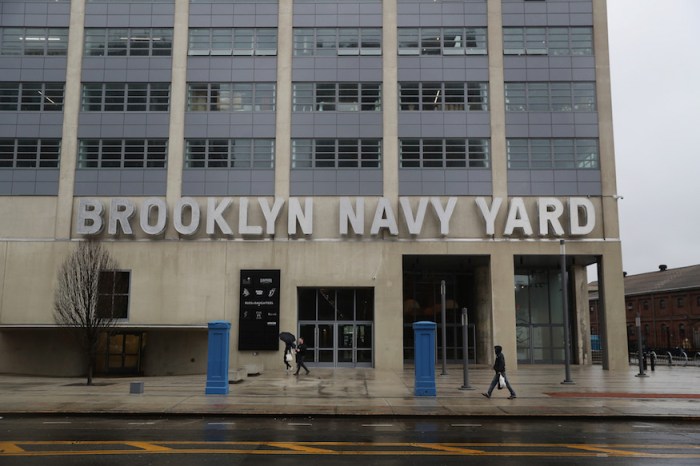For those on the job hunt, nothing can seem more daunting than writing a cover letter. And while it may seem redundant to those who think their résumé shows off all of their skills— even better, in neatly aligned bullet points— a persuasive cover letter is far more likely to get your foot in the door for the next stage: the interview.
We spoke with Alexandra Cavoulacos, founder and chief operating officer of career coaching platform the Muse and co-author of the “The New Rules of Work,” for some tips.
Don’t be boring
The last thing you want to do is begin your application by saying, “Hi, I’m writing to express my interest in XYZ job opening,” says Cavoulacos. Not only is that dull, but the hiring manager already knows you’re interested in the job — that’s why you’re applying. Instead, you should be crafting your cover letter with the purpose of building a connection with the person on the other side of the screen. “You want somebody to finish reading it and say, ‘We have to meet with this person,’ she explains. “That’s the goal of the cover letter — to make somebody emotionally want to speak to you.”
And the best way to ensure that is by showing some personality — maybe even trying to make them laugh, says Cavoulacos. “Some of the best openers of cover letters I’ve seen are really atypical,” she says. “Someone who’s said, ‘I loved selling since I’ve made more money on my lemonade stand than I got in allowance,’ is way more likely to get called in for an interview.”
Even something as simple as addressing the person directly can make a huge difference, says Cavoulacos. Rather than beginning with “To whom it may concern,” she suggests tracking down the name of the person who will be reviewing your application. “Anything you can do to make the letter feel personal and like you’re actually talking to them really helps.”
Tell a story
You should write a cover letter in the same way you would a novel: with a clear beginning, middle and end. If someone were applying to a sales position, he or she might begin with, “When I first got into sales, I thought cold-calling would be my least favorite part,” says Cavoulacos. He could then go on and say, “Even though cold-calling — as every sales person knows— isn’t fun, that moment when you actually get them on the phone and convince them to talk to you has actually become my favorite high.” And to wrap it all up: “Getting to see my determination in action and really bringing in revenue has been a big motivator, and
I’m excited to do the same for this company.” The narrative doesn’t have to be very long; it can be a paragraph or even one sentence, as long as it successfully molds your accomplishments around a storyline.
And when it comes to nontraditional candidates, this storytelling approach is even more crucial, says Cavoulacos. If you’re moving to a different industry — say, you used to be in marketing and now you’re applying to a content role — it’s especially important that you construct a story that justifies exactly why you’re changing direction. In those cases, you should be asking yourself, “‘How can I help tell the narrative that my résumé does not, so they don’t automatically put me aside?”
Emphasize key skills
Showing a hiring manager your skills is important, but that doesn’t mean you should be running through a never-ending list of your talents. After all, highlighting a set of skills that align most with the needs of the company is way more effective, says Cavoulacos. That often means going back to the job description and rereading the first couple bullet points. “If they mention three different times that experience with Photoshop is really important, then they’re obviously trying to tell you something,” she says.
The next step: Expand on each skillset in “show, don’t tell” manner. “Don’t just say, I can use Photoshop,” says Cavoulacos. “Even, ‘I’ve been using Photoshop for five years’ doesn’t tell me anything about how good you are at it— it just tells me that you have exposure to it.” A more strategic cover letter might say: “My work with XYZ nonprofit to redevelop their logo and do a campaign, not only raised X thousand dollars for them, but also won this local award for nonprofit design,” she says. In the end, it’s all about showing the impact and the achievements that are tied to your skills, not just listing them.



















